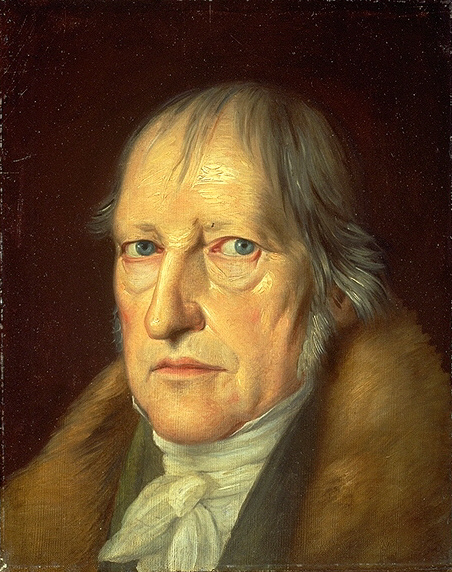Karl Marx - Part 2 (Hegelian)
Karl Marx greatly adored by the Hegel’s Philosophy, then
himself he called as Hegelian. Hegel has the theory of humanity and dialects.
Hegel followed the footsteps of Socrates. Hegel become the teacher to Marx in
the Berlin University, about 20 years of age Karl Marx become a revolutionist
having new ideas. Hegel written the books about History, Philosophy,
Institution and social reality.
Phenomenology of spirit
The Philosophy of History
Philosophy of Right
Science of Logic
In these books, he formed an Idea about how the society is
made, behavioral thesis, reality in history process, disguise of mind, mistakes
of human being of that time, historical dialectical movement, conflict-free
society, logical thinking, arguments, reasoning
etc., Totally it shows the humanity and its behavior and how should it pass
through.
Marx rejected the idea of Religion and Philosophy should go
hand-in-hand. He told that he is against gods of heaven and of earth who do not
recognize man’s self-consciousness as divinity’. He found that religion is
suffering, soulless condition & it’s like opium to people. He thought that
abolition of religion will provide real happiness among the people.
Through Hegel’s ideologies, Marx developed his own. Young
Hegelian developed his ideas of philosophies, aspirations and self-understanding.
Also he become a critique of Hegelian and discharged the religion ideas. Marx also
written an essay criticizing about Hegel’s philosophy later. But he liked the
ideas of logical thinking, conflict-free society, reasoning etc.,
Young Hegelians debated themselves and written the thesis
about post-Aristotle ideas. Difference between Democritus’ and Epicurus,
Philosophy of Nature’. They are interested in Greek philosophies about human
and critiques. Hegel’s school become a complete playground for the young
Hegelians. Rather constructing a view, they build a strong ideas. He started
argued about Prometheus, Alexandrine, and Aeolus from Greek History. A practical approach on these stories, titanic
struggles, Athens, differed from Hegel’s philosophies.













No comments
Post a Comment